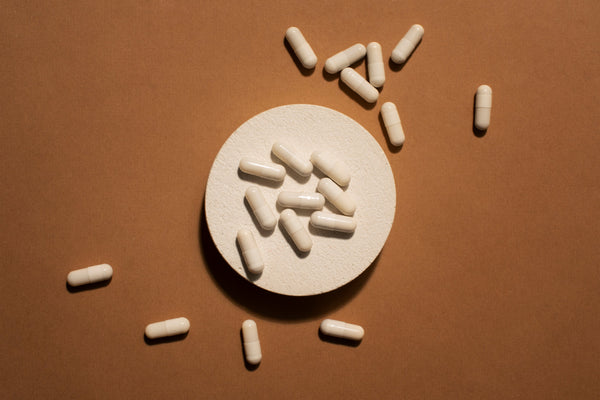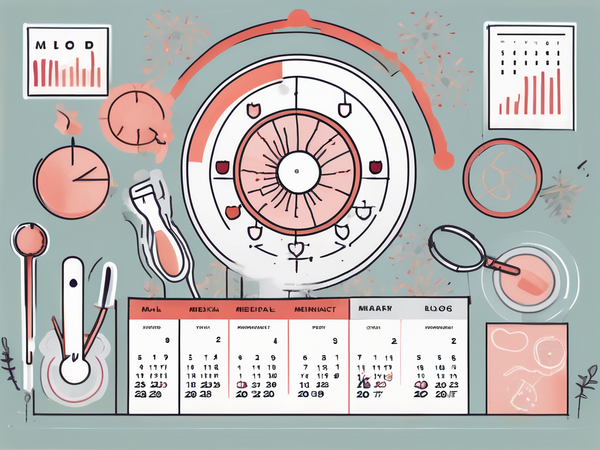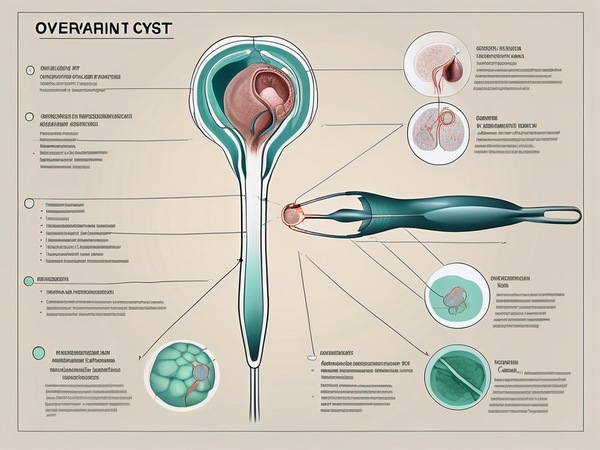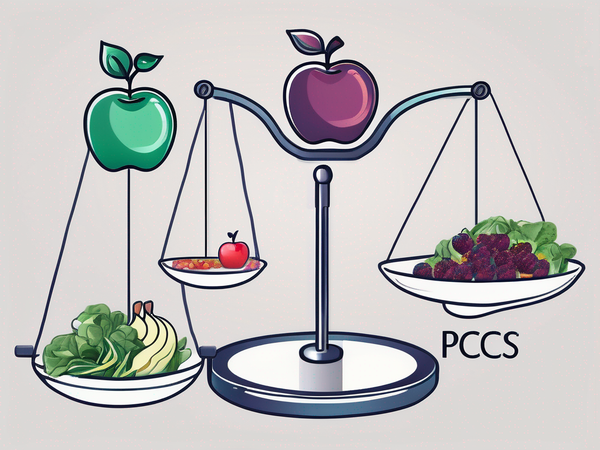Probiotics help improve your gut microbiome, digestion and overall health. But do probiotic supplements offer the same benefits during pregnancy, or should pregnant women avoid probiotic supplements?
If these questions are on your mind, this blog has all the answers. We’ll talk about whether or not probiotic supplements are safe for pregnant women and, if they are, how can they help during pregnancy. So, read in full.
Are Probiotics Safe for Pregnant Women?
Several studies have concluded that probiotics cause no harm to pregnant women. For instance, according to a study, probiotics pose no threat to pregnant or lactating women. Also, the same study says that probiotics don’t increase the risk of adverse pregnancy outcomes.
What’s more is that as probiotic bacteria do not reach the developing fetus, they’re highly unlikely to cause any harm. So, probiotics are safe for pregnant women. Not only are probiotics safe for pregnant women, but they also come with numerous benefits that are listed down below.
How do Probiotics Help During Pregnancy?
Here are some of the ways in which probiotics can help during pregnancy
1. May Improve Gut Health
Although maintaining good gut bacteria health is important normally, it becomes even more important in the case of pregnant women. After all, good gut bacteria translate to better digestion, which is important to maintain good health. And this is what probiotics help pregnant women achieve.
For instance, study conducted in 49 pregnant obese women revelead that the women who consumed probiotics for about 17 weeks reported better gut bacteria diversity as compared to the ones who consumed a placebo.
2. May Reduce the Risk of Pregnancy-Related Complications
Consuming probiotic supplements during pregnancy is positively known to reduce the risk of pregnancy-related complications such as preterm delivery.
For instance, a review of 18 control trials found that the duration of pregnancy in women who consumed probiotic supplements was longer than the ones who consumed a placebo.
3. May Help Improve Blood Sugar Levels in Pregnant Women
Abnormal blood sugar levels in pregnant women can lead to several complications such as stroke, eclampsia, need for labor induction etc. Fortunately, probiotics are known to help.
Probiotics can help reduce insulin and blood sugar levels and thus reduce the risk of complications during pregnancy. A review of 12 randomized studies revealed that consumption of probiotics during pregnancy reduced insulin and blood sugar levels.
These were some common ways by which probiotics can aid pregnancy.
Should You Consume Probiotics During Pregnancy?
Well, it’s not necessary for you to consume probiotics; at least no study says so otherwise. However, if you want to prevent pregnancy-related complications, which of course you want to, or are suffering from blood pressure, you can go for probiotics during pregnancy.
However, make sure to go for reliable probiotic supplements to ensure the best benefits and child safety. We know it’s hard to find reliable probiotics during pregnancy, which is why we’ve listed some reliable ones below.
Reliable Probiotic Supplements
Here are some reliable probiotic supplements
Probiotic + Prebiotic
Probiotic + Prebiotic from Wellbeing Nutrition is certainly one of the best probiotics during pregnancy. It contains probiotic bacteria: a blend of six active probiotic bacteria along with organic prebiotic fibers that act as the food for the good bacteria. Here are the benefits it offers:
- Neutralizes toxins
- Relieves constipation
- Reduces gas and bloating
- Improves digestion
- Enhances metabolism
- Treats acidity
Probiotic + Prebiotic is really easy to consume as it’s in the form of water-soluble effervescent tablets. Just drop one tab in a glass of water, and within seconds your probiotics drink is ready for consumption.
1. Melts Healthy Gut
Melts Healthy Gut from Wellbeing Nutrition is an amazing supplement that can help you ensure good gut health. It comes with probiotic bacteria: bacillus coagulans, apple cider vinegar, protease, papain, bromelain, along with a digestive enzyme blend. Here are the overall benefits you can enjoy:
- Better digestion
- Improved immunity
- Reduced IBS and acidity
- Relief from IBS
- Enhanced gut health
To enjoy the above benefits, you just have to place a strip of Melts Healthy Gut on your tongue and let it sit. After a few seconds, the strip will dissolve, providing instant relief without leaving any aftertaste. Now, how can you beat that?
Both these supplements contain no sugar, preservatives, nuts or soy. Also, they’re clinically tested and proven to offer the benefits listed above. What’s more is that there aren’t any side effects associated with them. So, they’re completely safe for consumption.
However, it's better to consult a medical professional before administering anything, let alone a supplement. This will help you prevent any anomalies or unexpected outcomes.
Wrapping Up
Consuming a healthy, nutrient-rich diet is something all pregnant women should do. However, you can always go for some probiotics during pregnancy for some added benefits such as reduced pregnancy-related complications, better blood sugar and good overall gut health.
While it’s always best to include probiotic-rich foods to your diet, you can rely on the aforementioned supplements: Melts Healthy Gut and Probiotic + Prebiotic that come from an amazing health and nutrition brand: Wellbeing Nutrition. They are plant-based, natural and devoid of side effects.
References
Elias, J., Bozzo, P., & Einarson, A. (2011). Are probiotics safe for use during pregnancy and lactation?. Canadian family physician Medecin de famille canadien, 57(3), 299–301. https://www.ncbi.nlm.nih.gov/pmc/articles/PMC3056676
Elias, J., Bozzo, P., & Einarson, A. (2011). Are probiotics safe for use during pregnancy and lactation?. Canadian family physician Medecin de famille canadien, 57(3), 299–301.https://www.ncbi.nlm.nih.gov/pmc/articles/PMC3056676
Halkjær, S. I., de Knegt, V. E., Lo, B., Nilas, L., Cortes, D., Pedersen, A. E., Mirsepasi-Lauridsen, H. C., Andersen, L. O., Nielsen, H. V., Stensvold, C. R., Johannesen, T. B., Kallemose, T., Krogfelt, K. A., & Petersen, A. M. (2020). Multistrain Probiotic Increases the Gut Microbiota Diversity in Obese Pregnant Women: Results from a Randomized, Double-Blind Placebo-Controlled Study. Current developments in nutrition, 4(7), nzaa095. https://doi.org/10.1093/cdn/nzaa095
Kuang, L., & Jiang, Y. (2020). Effect of probiotic supplementation in pregnant women: a meta-analysis of randomised controlled trials. The British journal of nutrition, 123(8), 870–880. https://doi.org/10.1017/S0007114519003374
Peng, T. R., Wu, T. W., & Chao, Y. C. (2018). Effect of Probiotics on the Glucose Levels of Pregnant Women: A Meta-Analysis of Randomized Controlled Trials. Medicina (Kaunas, Lithuania), 54(5), 77. https://doi.org/10.3390/medicina54050077
Hemarajata, P., & Versalovic, J. (2013). Effects of probiotics on gut microbiota: mechanisms of intestinal immunomodulation and neuromodulation. Therapeutic advances in gastroenterology, 6(1), 39–51. https://doi.org/10.1177/1756283X12459294

























